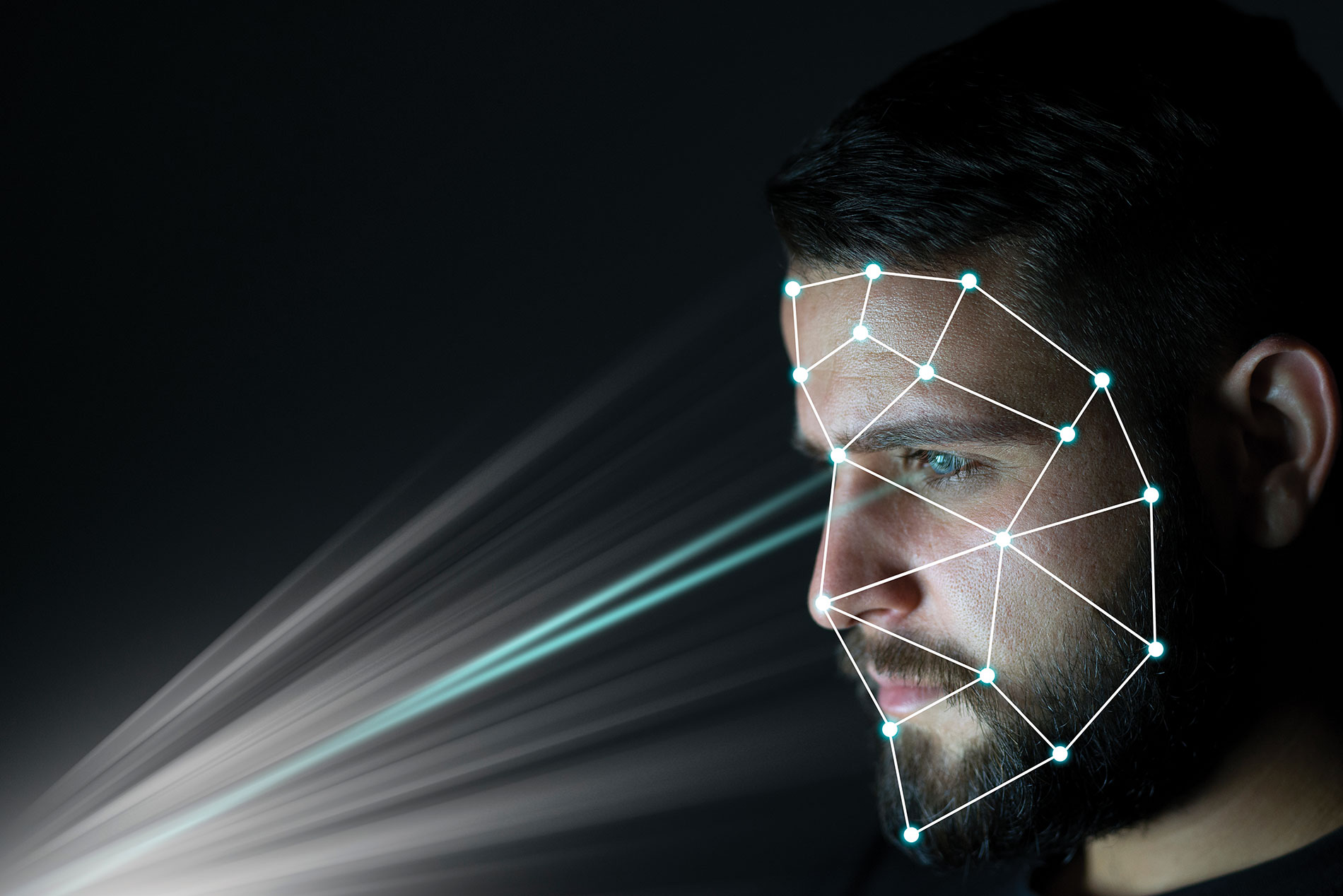It is estimated that an average human is spending 50% of his life confined within screens. We all agree that we are constrained to use digital devices around the clock. We are all aware of its harmful effects on eyes but have you ever wondered why skin-care brands have started making “blue-light-fighting” products?
This never ending technological evolution is giving us a medium to destroy our skin (along with all the pros). Even though the dangers associated with screens towards skin are under research, it has validated some dreadful impacts. Now more than ever there is a strong need to acknowledge the harmful impacts of screen on skin as we are more likely to live online (thanks to the pandemic).
Why Are Screens Harmful For Our Skin?
On an average a kid spends 4 hours on screen and a teenager spends 7 hours each day staring at the phone which does not include study purposes. With all the output screens are giving us, our skin is being exposed to the blue light which is made of High-Energy Visible light (HEV). HEV has a very high frequency, arguably around 400 to 450 nm.
We all know how sun rays can affect our skin and eyes. UV rays from the sun consist of UVA, UVB, and UVC rays which are the main factors that damage the skin. Although technological evolution has developed LED and LCD screens which do not emit UV rays, yet they are still a very huge source of HEV lights. Research has shown that HEV is 80% more harmful for skin than UVB and UVA rays combined.
HEV light or blue light from skin penetrates into deeper layers of skin that are responsible to repair skin cells damaged over time. There are multiple studies and researches ongoing about how blue light is also affecting our DNA.
Skin Issues Due To Screens
According to Dr Adil Hamayun (Dermatologist and Skin Specialist in Peshawar), the effects of blue screen on the skin are not instantaneous, but they are alarming and may cause permanent damages in certain cases. The range of negative effects screens have on our skin is increasing with every research developed on the issue. Some of them are photoaging, hyperpigmentation, and skin inflammation.
Photoaging is one of the most common impacts of screens on skin. It is also known as dermatoheliosis which is premature aging of skin either due to UV rays from sun or other artificial sources. Excessive use of screens causes a prolonged exposure of HEV lights to inner layers of skin. The inner layer of skin dermis consists of proteins and fibers that are responsible for the strength, firmness, and smoothness. Photoaging causes wrinkles on face, saggy skin, and dark spots.
In hyperpigmentation, dark patches appear on the skin that occur due to increased melanin, that is the pigment responsible for skin tone. Though it does not have any severe impact on skin, it can surely cause self-esteem issues or other psychological effect,
Skin inflammation can cause redness, rashes, itching, and even a breakout of acne and blisters. It is considered to be a reaction of the immune system. It does not have any severe impacts but can cause irritation and pain.
How To Protect Skin From The Screen
It is terrifying how inseparable screens are from our lives and how it is killing our skin. Fortunately there are very minimal chances that these issues will stay on your skin forever as cosmetic dermatology has evolved so much. Yet it is always better to prevent any medical condition than curing it.
Following are some measures that can help prevent inconveniences.
- This goes without saying, limit the screen time.
- Use an ergonomic setup and maintain a safe distance from the screen that is generally between 20 and 40 inches.
- Take breaks in between your office time.
- Use sunscreens that are specifically formulated to block and reflect blue light.
There is no substitute for screens currently but you should not ignore its downside concerning the skin. There are procedures that will help with the impacts of harmful blue light from the screen but you can avoid them by taking some simple precautionary measures.

